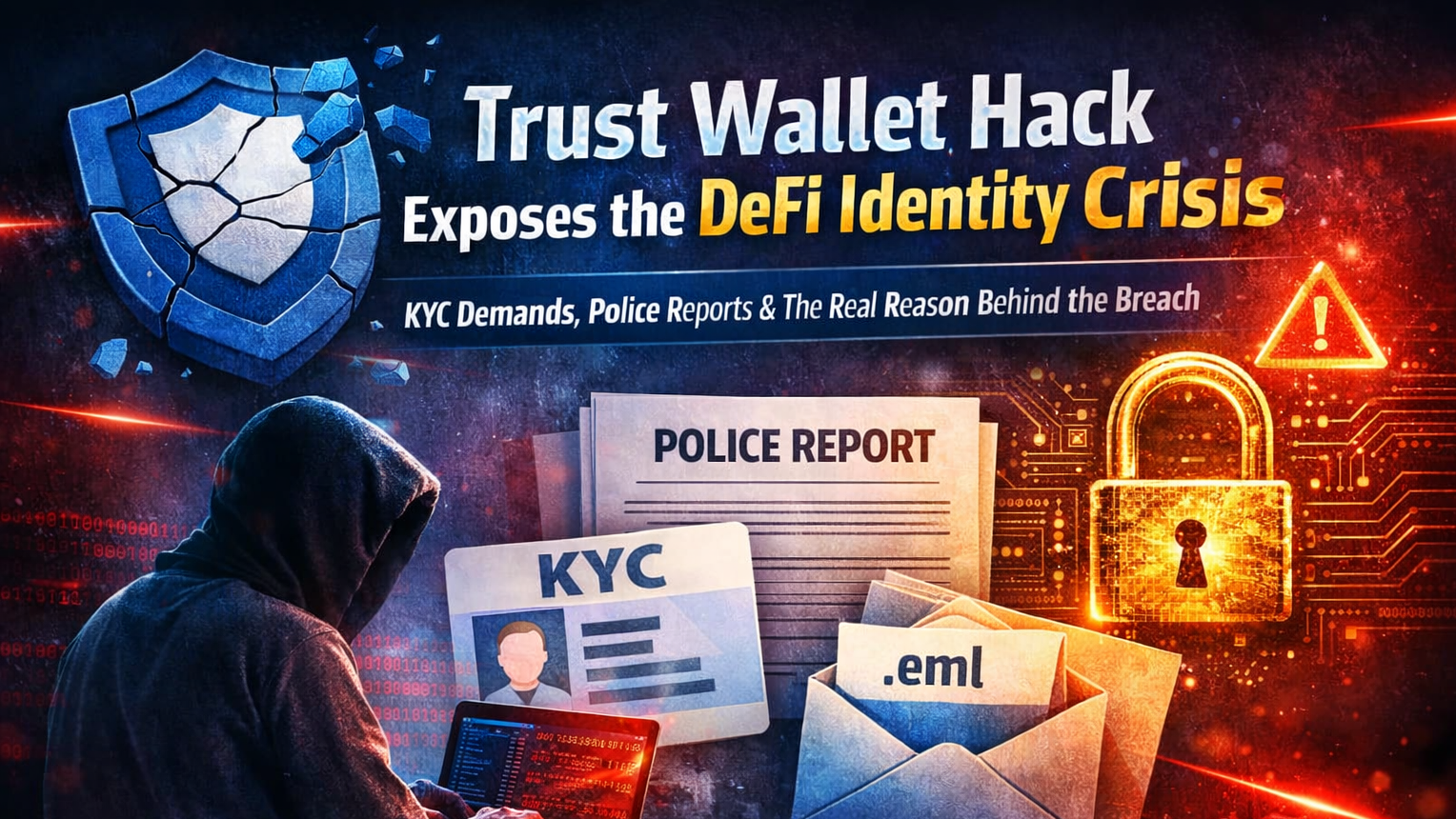

Contracts are essentially the structures that support commerce – they define, distribute risk, and make the transactions legally binding. However, paper-based or manually mediated contracts are known to be slow, costly, and have their fair share of errors. Enter smart contracts: self-executing pieces of code that run on a distributed ledger.
By combining legal intent with automated execution, smart contracts promise faster settlements, lower costs, and greater transparency. This article charts out the concept of smart contracts, the working of smart contract technology on a blockchain, the advantages and the risks, and the growing indispensability of smart contract enterprise development.
A smart contract is a script that literally takes the terms of an agreement and automatically enforces them when law-defined conditions are met. It is the smart contract that executes its logic – bridging the gap, updating records, or giving out access – exactly as it is drafted, instead of a human having to check that a milestone has been reached or that a payment has cleared.
Importantly, a smart contract on a smart contract blockchain operates in a decentralized environment: numerous nodes validate and record the result. This makes the result obvious in case of tampering and audit-friendly, and it also eliminates the risks of failure from one source.
Below is the simple flow of how smart contracts work:
● Firstly, the parties agree on the terms and then they encode the terms into the code.
● Then the code is moved to a blockchain (a distributed ledger).
● External data inputs (oracles) bring the real-world events or values to the contract if it is necessary.
● If the contract conditions are fulfilled, the contract will make a decision independently.
● The result will be recorded on the blockchain and be available to all the participants who have permission.
As the logic and the state are stored on a distributed ledger, the execution is almost in real-time and it is the same for all participants.
A blockchain gives three features that make smart contracts feasible for business:
● Immutability: After a transaction or a contract execution is recorded, it cannot be changed without notice. That creates trust.
● Consensus and verification: Numerous nodes confirm the contract performance thus the necessity of trusting only one counterparty or intermediary is significantly reduced.
● Programmable state: Blockchains that support smart contracts (for instance, platforms designed for on-chain programs) enable code to interact with on-chain assets, identities, and histories.
Together, these features let companies create automated agreements that are transparent, auditable, and resistant to tampering.
● Security: One of the fundamental features of distributed ledgers is their resistance to tampering. If contracts are well written and the deployment is done carefully, then fraud and manipulation will be minimized.
● Disintermediation: The number of middlemen — e.g., escrow agents, reconciliation desks or certain auditors — can be significantly reduced, or these persons can be repurposed, thus lowering the costs and speeding up the processes.
● Speed and efficiency: The time for manual checks, invoicing cycles and settlement can be shortened to a great extent as a result of automation.
● Transparency and auditability: The parties involved in the contract (or auditors who have been given permission) can have access to the contract logic and the execution records, which is very helpful for compliance and reporting.
● Consistency: The unchanged code is executed every time, thereby reducing human errors and misunderstandings of the interpretation.
Such advantages attract the implementation of this technology in the financial services, supply chain, real estate, telecom, manufacturing, media (royalties) industries, and many others.
Smart contracts, while being a very potent invention, cannot be considered as a plug-and-play solution to replace every legal agreement. Enterprises have to deal with several significant challenges:
● Confidentiality: The problem with publicly accessible blockchains is that they are transparent by nature, and this feature is not very friendly to sensitive business terms. The use of permissioned blockchains or privacy layers (and hybrid models) can solve the problem; however, when a platform is chosen, it is necessary to take into account the trade-off between visibility and openness.
● Code correctness: Smart contracts are software. Any ambiguities in the provided legal documents have to be clarified into exact code. Errors in programming,overlooked items, or wrong interpretations can lead to situations in which there are loopholes or the contract produces outcomes that were not intended.
● Oracle reliability: Smart contracts need the help of external data (such as prices, delivery confirmations, or identity assertions) quite often. If the oracles are compromised or if they give faulty data, the contracts will be executed incorrectly.
● Bugs and exploits: One of the most well-known lessons in the industry is that vulnerabilities may lead to very serious consequences. Therefore, to be safe, a project has to go through thorough testing, audits, and formal verification, and it has to have upgrade paths that are done carefully.
● Legal and regulatory uncertainty: Different rules treat differently the status of autonomous code. Until all jurisdictions recognize smart contracts, enterprises might be required to use hybrid systems that allow both automated execution and legal back-ups.
● Rogue use and misuse: As it is with any other technology, there is also a possibility of using smart contracts for illegal activities if there are no proper governance structures and KYC/AML procedures implemented.
What really matters when a company is considering the implementation of smart contracts are steps such as these:
● Defining use cases that fit automation: One way is to take, for example, those operational processes which work according to rules, are repeatable, and have measurable inputs — e.g., automatic invoice settlement, escrow release upon delivery confirmation, or royalty distribution.
● Choose the right platform: Public chains are characterized by openness and liquidity, but privacy is less guaranteed; permissioned platforms (private blockchains) offer access control and confidentiality. Besides that, look into the performance, security, and interoperability aspects.
● Deciding on a hybrid approach if necessary: Let there be a bridge of communication between on-chain automation and off-chain legal agreements so as to keep the legality of the agreements and the possibility of referring to them in case of disputes.
● Paying special attention to security engineering: Implementing secure development lifecycle practices, unit and integration tests, getting external audits, and—if possible—using formal verification as a way of risk limitation are some of the methods.
● Integrate reliable oracles and fallback logic: As a result of business and law changes, controlled upgrade mechanisms and multi-party governance for handling patches or disputes should be created.
● Legal/compliance team preparation: Collaborate with the legal team and regulators before, during, and after the process to be sure that contractual intention is correctly transferred into code and that the execution is in accordance with the law.
● Play pilot and iterate: It is always better to work on low-risk pilot projects first, then measure the outcomes and finally scale what is reliable.
● Supply chain: A payment is made automatically when delivery confirmation and quality certificates are recorded.
● Real estate: Escrow and title transfers are automated when payment clearing and legal checks passing.
● Finance: Derivatives or syndicated loans are settled automatically when market events take place.
● Media & royalties: Payments to rights-holders are made instantly when streaming or sales data confirm usage.
The most viable option for the near future of smart contracts is the use of hybrid contracts: putting automation and time-sensitive tasks on the blockchain while retaining traditional legal language and courts for oversight and handling complex disputes. The legal status of smart contracts is becoming more established in some jurisdictions, and companies should keep an eye on regulatory changes while implementing fallback strategies.
Smart contracts are essentially a change of how agreements are carried out: less manual, less paper, more automated, more auditable, and faster systems. For businesses, the use of smart contract technology and blockchain-based smart contract deployment can be a source of cost savings, reduction of error rates, and increase of the speed of business processes — however, only if these are implemented in a careful manner.
Enterprise smart contract programming necessitates the correct platform selection, secure engineering methods, dependable data sources, legal compliance, and practical governance. The contracts become a way to change the routine of transactions and to open up new business models when these factors are combined — at the same time, there is still a place for courts and lawyers in handling the complex, exceptional cases.
Enter your email → Get instant download.
